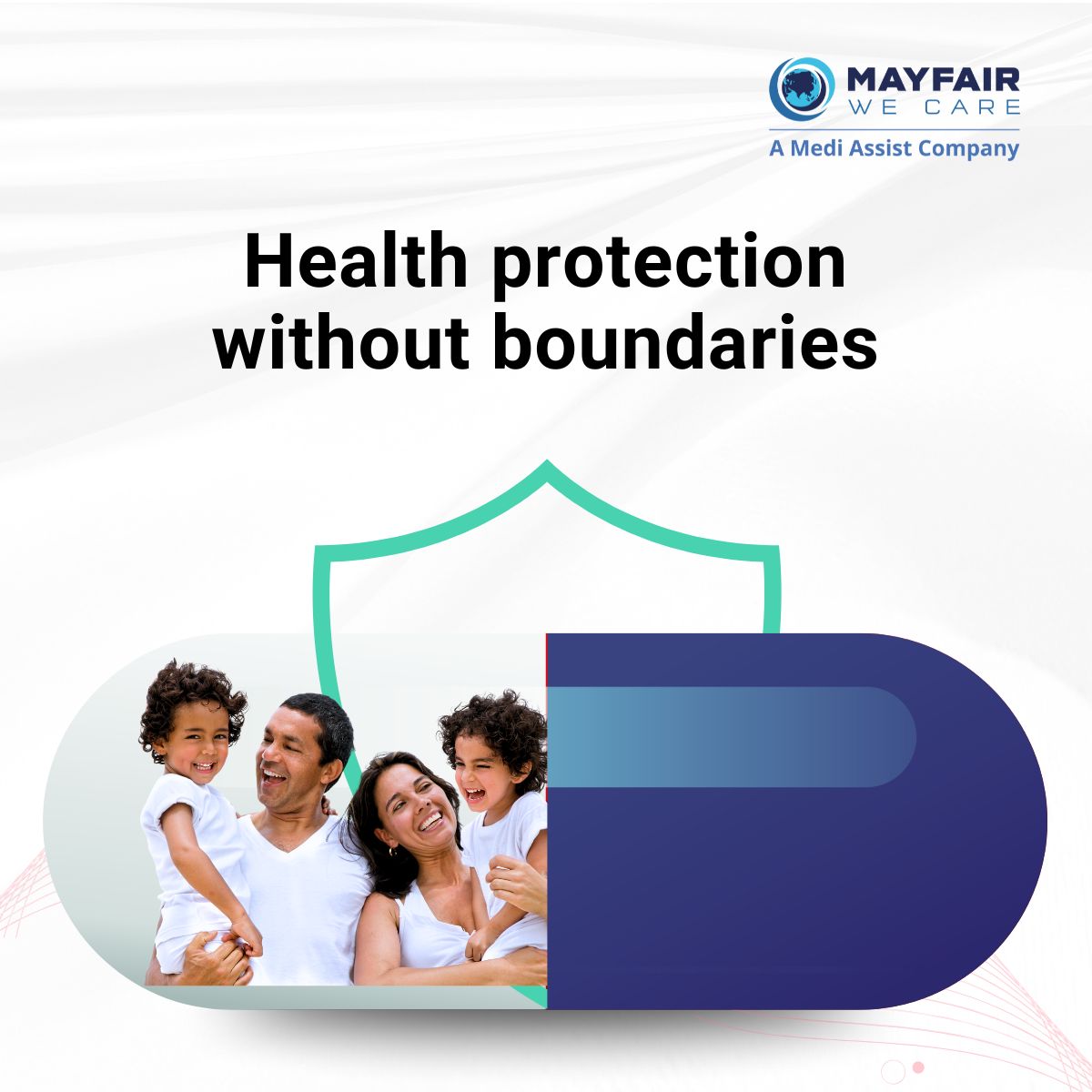Mei Lin was about to embark on her fourth
international project in three years. As a sustainability consultant, she had
helped implement green initiatives in Bangkok, Nairobi, and most recently,
Buenos Aires. Standing in her temporary London apartment, packing for her
upcoming assignment in Dubai, Mei realized her basic domestic health insurance
wasn't designed for her globe-trotting lifestyle.
Like Mei, many international
professionals, digital nomads, and frequent travelers find themselves in a
protection gap that traditional coverage simply can't bridge. The global
citizen requires a different approach to health protection – one that acknowledges
the realities of a borderless professional existence.
Understanding the Protection Gap
Standard domestic health insurance
typically falls short for global citizens in several critical ways. Geographic
limitations often mean coverage stops at national borders. Emergency services
may be covered internationally, but routine care usually isn't. Language
barriers can complicate claims processes, and repatriation. Most importantly,
getting you home in a medical emergency is rarely included in basic plans.
The
modern global professional faces unique health challenges. From time zone
disruption affecting sleep patterns to exposure to different environmental
factors, the health needs of someone working across multiple countries are
substantially different from those of someone based in one location.
Essential Elements of Global Health
Protection
What should global citizens look for when
securing appropriate health protection? Several elements stand apart as
particularly important:
True Global Coverage: Protection that works wherever you are, without geographical
restrictions or penalties for seeking care outside a limited network.
Preventive Care Access: The ability to maintain wellness routines regardless of location,
including vaccinations, screenings, and regular check-ups.
Telemedicine Integration: Access to medical consultations in your preferred language,
regardless of where you physically are.
Mental Health Support: Resources for maintaining psychological wellbeing through
transitions, cultural adjustments, and the unique stresses of global mobility.
Emergency Evacuation: Coverage for medical transport to appropriate facilities when quality
care isn't locally available.
Continuation of Care: Seamless treatment plans that don't restart with each border
crossing.
Sarah Okafor, who leads a globally
distributed team from her base in Lagos, found this out the hard way.
"When I developed a chronic condition while on assignment in Malaysia, my
treatment plan completely fell apart when I returned to Nigeria. My new
provider had no access to my medical records and essentially started from
scratch. Those months of diagnostic work and finding the right medication were
all lost."
Beyond Insurance: A Holistic Approach
The most forward-thinking global health
protection goes beyond traditional insurance concepts. Industry experts
indicate the best solutions now include:
- Digital health
records accessible to authorized providers worldwide
- Proactive wellness
programs tailored to frequent travelers
- Cultural competence
training for healthcare providers
- Support networks
for expatriates and digital nomads
- Family coverage that works regardless of
where members are located

Navigating Your Options
When evaluating global health protection,
consider your specific pattern of mobility. Do you need coverage primarily in
certain regions? How often do you return to your home country? Will you need
coverage for dependents who may not always travel with you?
Internationally
mobile professionals who align their health protection with where and how often
they travel are more likely to maintain continuity of care, avoid treatment
gaps, and feel less anxiety about access to medical support.
Recent
studies on international business travelers show that tailored health
management strategies (including pre‑travel consultations, vaccinations, and
structured employer health programs) are essential to mitigate elevated risks
such as infectious disease, sleep disturbance, and psychological stress.
Evidence from globally mobile employee programs also indicates that
comprehensive, always‑on health benefits and mental health support are
associated with better well‑being.
For Mei Lin, finding the right solution
meant she could focus on her Dubai project without worrying whether her asthma
maintenance medication would be covered or if she'd have access to care in her
next location. For global citizens, comprehensive health protection isn't just
about emergencies, it's about maintaining wellness across borders, time zones,
and cultures.